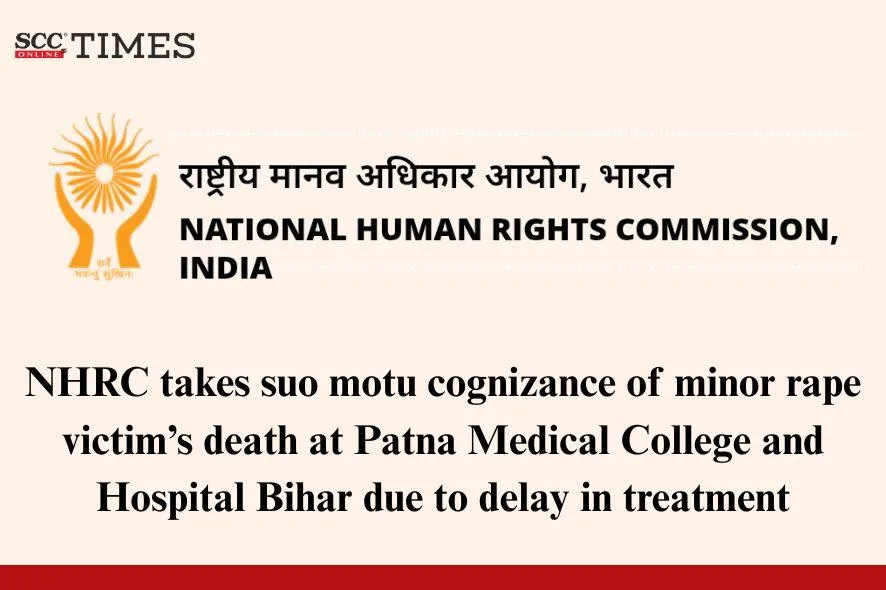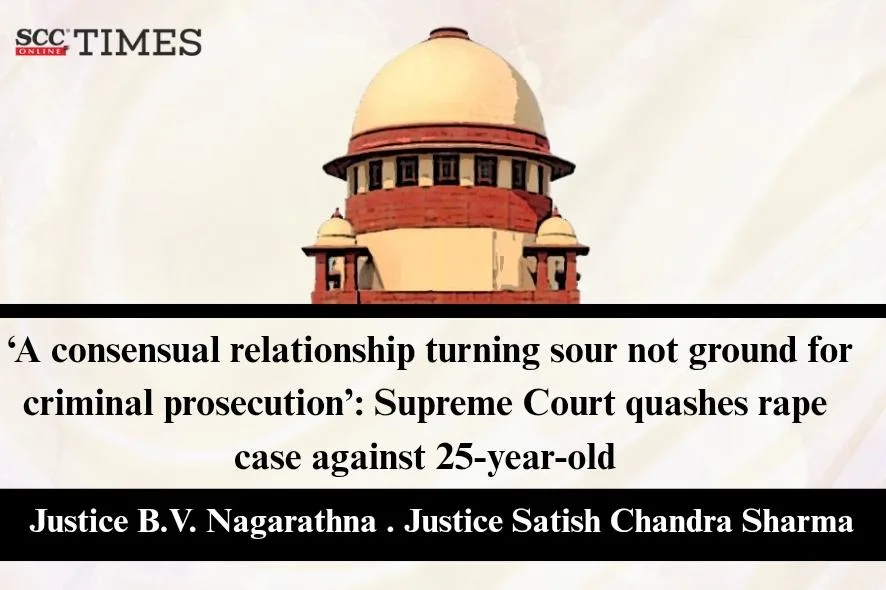Supreme Court of Canada: In the instant case a disclosure was sought from the Ministry of Community Safety and Correctional Services regarding the number of offenders registered under its sex offender registry residing within the areas designated by the first three digits of Ontario’s postal codes. The said information is kept confidential by the Ministry and police and the Ministry refused to disclose the same under law enforcement and personal privacy exemptions contained in the Freedom of Information and Protection of Privacy Act. However the Information and Privacy Commissioner ordered disclosure while holding that the exemptions do not apply.
The Court while upholding the Commissioner’s view said that the applicable standard of review being reasonableness, the Commissioner has made no reviewable error in ordering the disclosure. The said registry being governed and maintained under Christopher’s Law (Sex Offender Registry), 2000, the Commissioner interpreted its provisions reasonably so as to determine whether it contained a confidentiality provision which covered the Freedom of Information and Protection of Privacy Act. Discussing Sections 14(1)(e) and (1); and 67(2) of the Freedom of Information and Protection of Privacy Act as well as Sections 10 and 13 of Christopher’s Law ; the Court held that there is no difference between “reasonable expectation of probable harm” and a “reasonable basis for believing that harm will occur”. The “reasonable expectation of probable harm” should show that disclosure will result in a risk of harm that is well beyond the merely possible or speculative, but also it need not prove on the balance of probabilities that disclosure will in fact result in such harm. Hence, the Commissioner reasonably concluded that the Ministry did not prove that the Record could be used to identify sex offenders or that it will ignite among sex offenders a fear of being identified that will lead to lower compliance rates with Christopher’s Law. Ontario (Community Safety and Correctional Services) v. Ontario (Information and Privacy Commissioner), 2014 SCC 31, decided on 24 April, 2014
For the text of the judgment, click here












